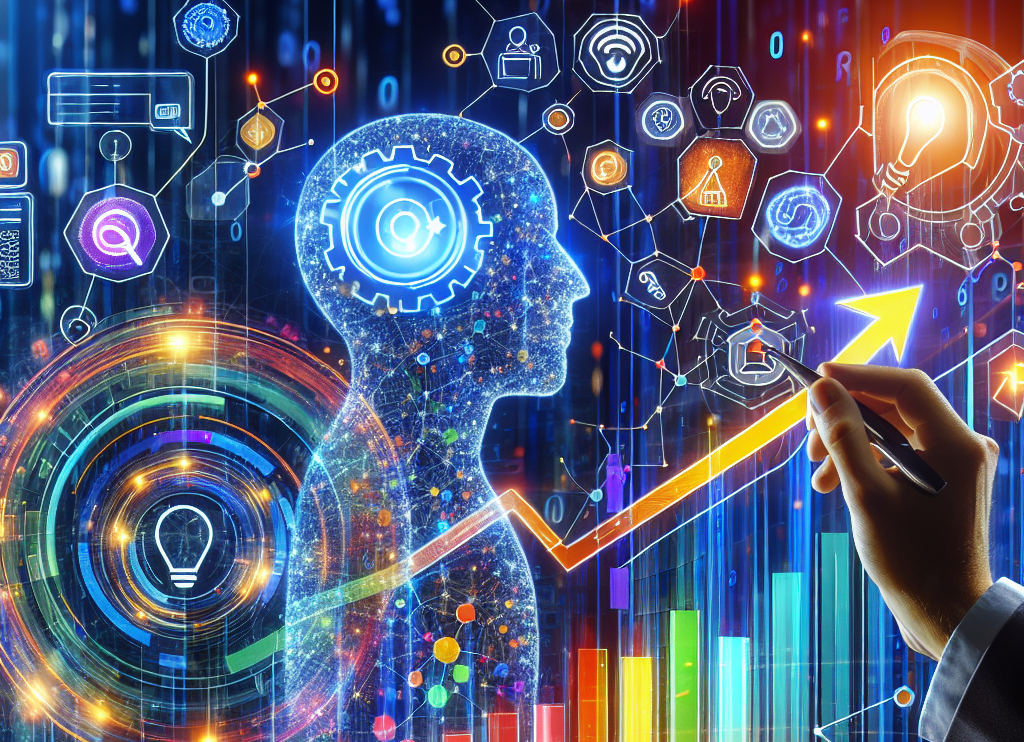The Rise of AI-Powered Search Engines: A New Era of Information Discovery

In recent years, the landscape of internet search has undergone a dramatic transformation, driven by the rapid advancement of artificial intelligence (AI). Traditional search engines, once reliant primarily on keyword matching and link analysis, are now being overtaken or enhanced by AI-powered systems that deliver smarter, more context-aware results. This evolution is reshaping not only how we find information, but how we interact with the internet as a whole.
From Keywords to Context
Historically, search engines like Google indexed websites and matched user queries with relevant pages based on keyword density, backlinks, and other SEO-oriented metrics. While effective to a point, this method often fell short in understanding user intent, nuance, or complex queries.
AI has changed that. Modern AI-powered search engines—such as Microsoft Bing integrated with OpenAI’s models, Google’s Search Generative Experience (SGE), and emerging tools like Perplexity.ai and You.com—employ large language models (LLMs) and machine learning to understand natural language, context, and even user behavior. These models can parse full questions, interpret ambiguous queries, and provide synthesized answers drawn from multiple sources.
Conversational Interfaces and Multimodal Search
One of the most visible changes AI has brought to search is the shift toward conversational interfaces. Instead of sifting through blue links, users can now interact with search tools as they would with a knowledgeable assistant. These systems can answer follow-up questions, clarify vague inputs, and personalize responses in real-time.
Beyond text, AI is enabling multimodal search capabilities—allowing users to search using images, voice, or even video. Tools like Google Lens, for example, let users snap a picture of an object and receive detailed information or shopping options instantly. Similarly, AI-generated summaries and visuals are becoming commonplace in results, making information more digestible.
Benefits and Breakthroughs
AI-powered search engines offer a host of advantages:
- Speed and Relevance: AI can sort through vast troves of data almost instantaneously, returning more relevant results than traditional methods.
- Personalization: Machine learning models can learn from user behavior to tailor search results over time, offering a more intuitive experience.
- Knowledge Synthesis: Instead of linking to multiple sources, AI can compile and present a coherent answer drawn from numerous references, saving users time.
- Accessibility: Voice and image-based search broaden accessibility for users with disabilities or those in multilingual environments.
Challenges and Concerns
However, this new era of search isn’t without its challenges:
- Bias and Accuracy: AI models may reflect the biases present in their training data or generate plausible but incorrect information, raising concerns about misinformation.
- Transparency: As AI systems generate answers instead of showing links, users may be less aware of where information is coming from.
- Data Privacy: Personalization relies on vast amounts of user data, raising questions about privacy and data protection.
- Monopoly and Ecosystem Impact: Dominance by a few major AI-driven platforms could further centralize control over information access and distribution.
The Future of Search
Looking ahead, AI-powered search is poised to become even more integrated into daily life. With advancements in generative AI, future search tools may not just find information, but also create content, offer proactive suggestions, and integrate seamlessly into augmented reality (AR) and wearable technologies.
We are moving toward a world where search is less about navigating the web and more about having a continuous, intelligent dialogue with the digital world. The challenge for technologists, regulators, and users alike will be to ensure that this powerful capability is harnessed responsibly, transparently, and ethically.
Conclusion
The rise of AI-powered search engines marks a pivotal shift in how humanity accesses and interacts with knowledge. As we embrace this new paradigm, we must balance innovation with caution—recognizing both the immense potential and the profound responsibilities that come with it. In the end, the goal remains the same: to connect people with the information they need, only now, smarter and faster than ever before.





